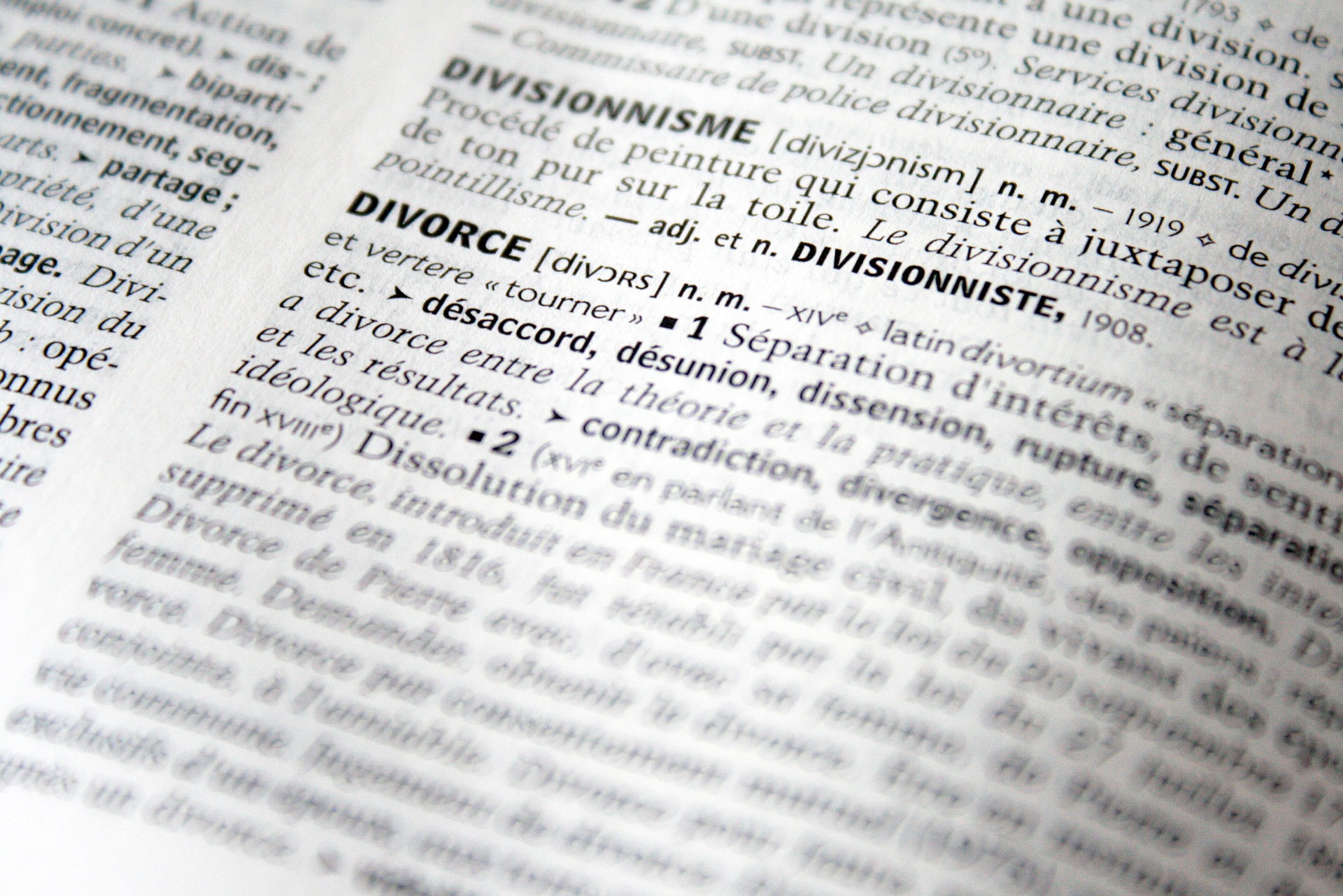
When couples choose to divorce, they sometimes seek alternative methods that exist outside of a courtroom and do not require litigation to do so. It is not always possible for all couples to do, but it can be very beneficial for those who are able to reach agreements regarding the terms of their separation on their own without the assistance of a judge. This is why there are other options are available for spouses to end their marriage. These alternatives allow couples the chance to come to decisions about their marital issues on their own terms. Discussions during these process consist of issues such as child support, child custody, the division of assets, and alimony.
Mediated Divorce
One common alternative to divorce is the process of mediation. During mediation, spouses come together to communicate their desires and negotiate the terms of their divorce. This takes place with the help of an unbiased third party to guide the spouses towards agreements that are in their best interest. This third party is able to mediate any disagreements that may take place during the process.
Once negotiations are done and these decisions are reached, the mediator will draft an agreement for them to sign. This document is then presented to the court for review. If the court agrees with the couple’s arrangements, they may be granted a Judgement of Divorce.
It is important to know that there is no set duration for mediation. The process can last as long as a couple may need to reach the decisions that are necessary for their situation. It is because of this that courts do not put any time limits upon the couple to meet a specific deadline. This allows them to take their time coming to conclusions regarding the sensitive matters at hand.
Collaborative Divorce
A collaborative divorce allows couples to discuss their marital issues within a series of four-way meetings. Different from mediation, these negotiations are guided by the spouses’ attorneys to assist them in reaching these decisions.
Collaborative divorce proceedings are supported by a Participation Agreement that is signed by both spouses and their attorneys. This document details each individual’s obligations during the process. This holds them responsible for putting in the effort to make this process work. When this agreement is signed by the attorneys, it prohibits them from representing their clients if the process does not work. This also holds them responsible for putting in the effort to ensure the success of their clients.
Arbitration
Another option for divorce outside of litigation is arbitration. This process also requires the assistance of another a third party. However, unlike mediation or collaboration, this third party acts as a judge during the process. They make all of the necessary final decisions regarding the marital issues at hand.
Contact our Firm
If you or someone you know is going through a divorce, contact the Law Offices of Paone Zaleski & Murphy today.
If you require strong legal representation for matters of divorce and family law in New Jersey, contact The Law Offices of Paone, Zaleski & Murphy to schedule a consultation with one of our experienced attorneys today

